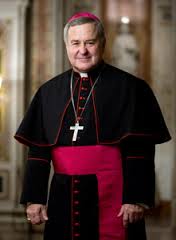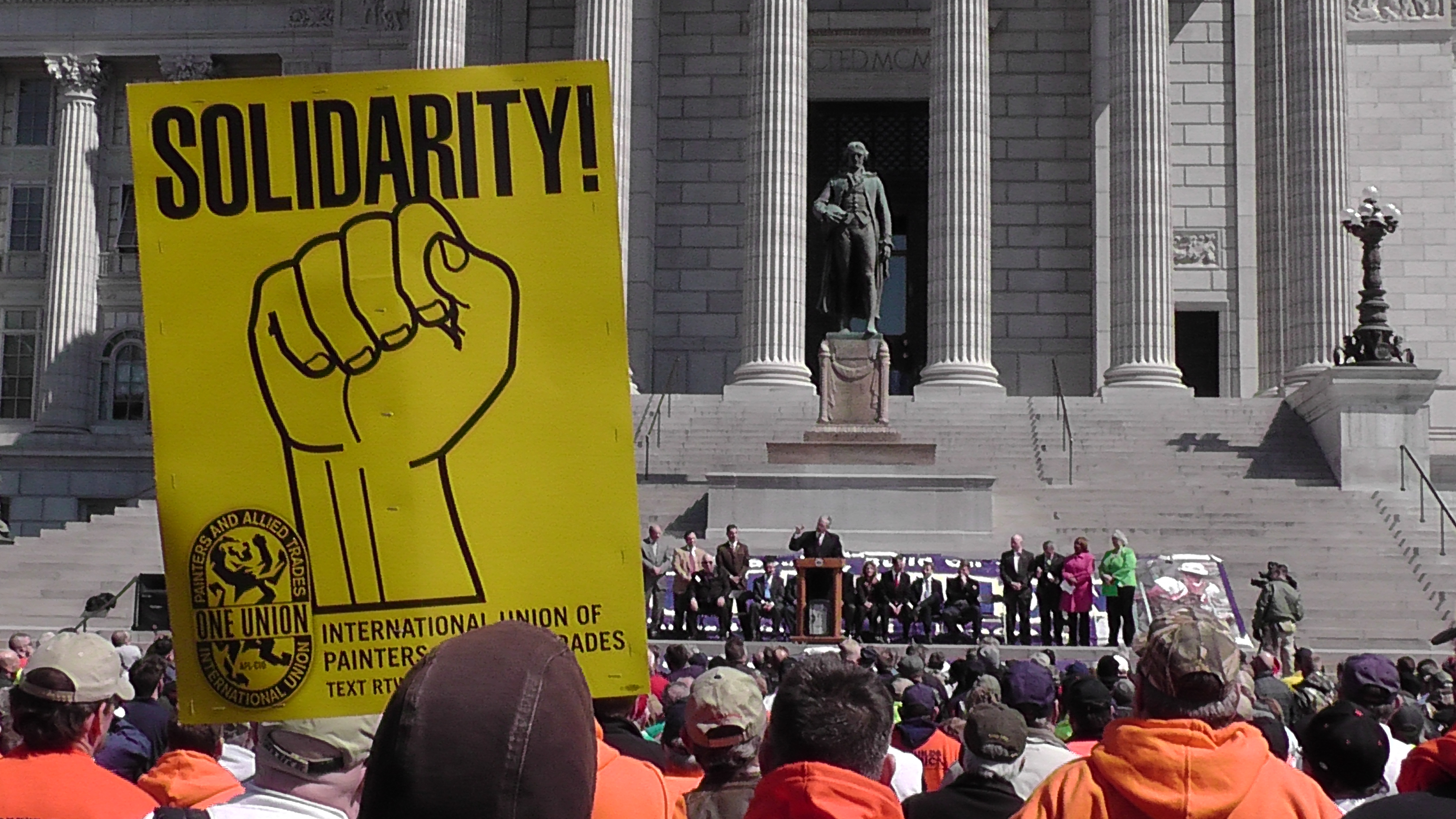JEFFERSON CITY, Mo. — Led by St. Louis Archbishop Robert Carlson, a group of interfaith religious leaders announced over the weekend their opposition to Right-to-Work legislation.

The Interfaith Partnership of Greater St. Louis, an organization that encourages partnership and collaboration between all religions in the St. Louis region, released a statement on Friday in which they called collective bargaining “essential for economic justice.”
“So-called ‘Right to Work/Freedom to Work’ laws proposed under the guise of freedom to the individual worker actually weaken their ability to equally bargain for fair compensation in the workplace, and are obviously and admittedly anti-union in their intent and render impossible or at least weaken the process of collective bargaining between management and labor,” the statement reads.
Carlson, who chairs the partnership’s cabinet, signed the statement along with vice-chair Rev. C. Jessel Strong of The African Methodist Episcopal Church. The statement marks the first time the partnership has taken a position on labor issues or signified strong support for labor unions.
“It’s brand new,” President of the Greater St. Louis Labor Council AFL-CIO Bob Soutier said. “It’s very significant to have a powerful statement from them. I think it sends the message that it’s not just labor that is against this. We’ve had business interests tell the legislature, we’ve had unions tell them, we’ve had people from all walks of life tell them to work on fixing roads and bridges. We’ve had people telling them put us back to work and give us a quality education for our kids. And now we have a partnership of religious leaders saying it.”
Soutier spoke to the partnership in February at a regular meeting when they asked for information about the Right-to-Work fight. Soutier says that the group was concerned about economic justice and saw the fight as a moral one.
“Some of these folks speak to their congregations from the pulpit and do so very eloquently,” Soutier said. “I think having those allies is critical and speaks volumes about our position.”
Collin Reischman was the Managing Editor for The Missouri Times, and a graduate of Webster University with a Bachelor of Arts in Journalism.




